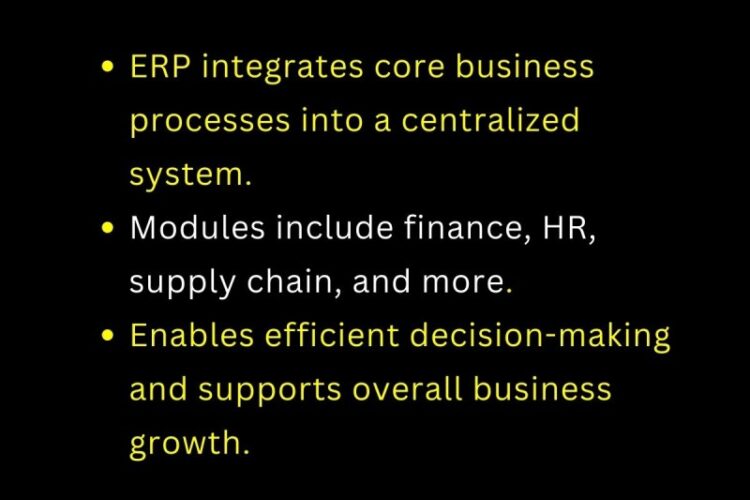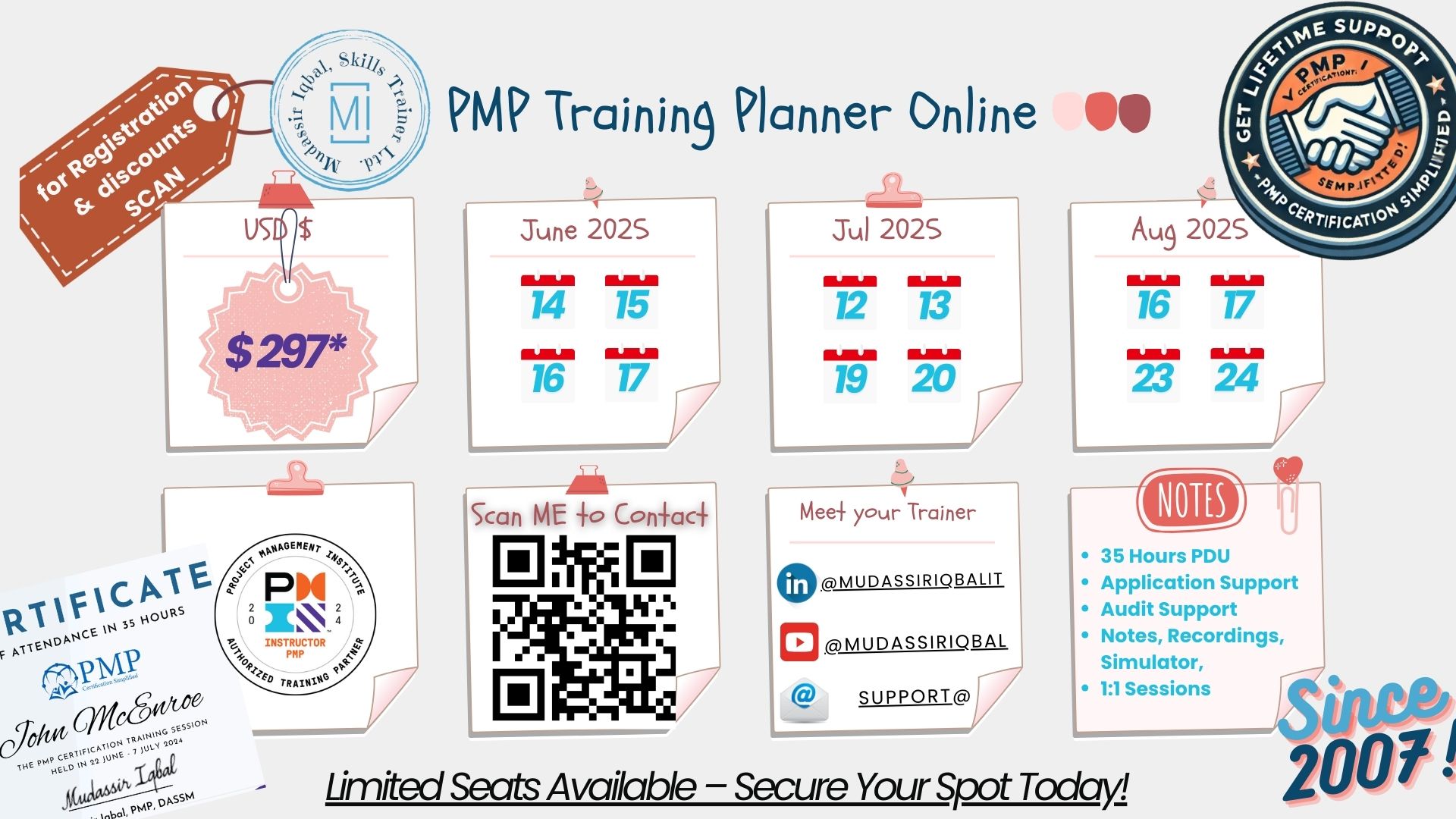In today’s fast-paced business landscape, organizations need robust tools to manage their resources efficiently and drive growth. Enterprise Resource Planning (ERP) systems have emerged as a transformative solution that streamlines processes, enhances collaboration, and provides actionable insights. In this article, we will delve into the world of Enterprise Resource Planning, exploring its key functionalities and the multitude of benefits it brings to organizations across industries. Join me on this journey to unlock the potential of ERP and pave the way for digital transformation.

What is ERP? Understanding Enterprise Resource Planning
Enterprise Resource Planning, is a comprehensive software solution that integrates various core business processes into a single, centralized system. It provides organizations with a unified view of their operations by incorporating modules such as finance, human resources, supply chain management, inventory management, customer relationship management, and more. By facilitating the flow of information across departments, Enterprise Resource Planning enables efficient decision-making, enhances productivity, and supports overall business growth.

Key Functionalities
ERP systems offer functionalities that empower organizations to optimize their processes. These functionalities include:
- Data Management: Systems act as a centralized repository for all business data, enabling seamless data sharing and eliminating data silos.
- Process Automation: It automates manual and repetitive tasks, reducing errors, increasing efficiency, and freeing up valuable time for employees.
- Real-time Reporting and Analytics: It provides real-time insights and robust reporting capabilities, allowing organizations to make data-driven decisions and respond promptly to market changes.
- Supply Chain Management: It optimizes the procurement and supply chain processes, from inventory management and demand forecasting to order fulfilment and supplier management.
- Financial Management: It enables accurate financial planning, budgeting, and tracking, ensuring compliance with accounting standards and facilitating financial reporting.
Business Benefits of ERP Implementation

Implementing an Enterprise Resource Planningsystem offers numerous benefits for organizations of all sizes:
- Streamlined Processes: ERP eliminates manual and fragmented workflows by automating processes, reducing redundancies, and optimizing resource allocation.
- Improved Collaboration: With a shared database and real-time access to information, ERP fosters collaboration across departments, enabling seamless communication and promoting cross-functional teamwork.
- Enhanced Productivity: By automating tasks and eliminating manual data entry, ERP frees up employees’ time, allowing them to focus on value-added activities and driving productivity.
- Data-driven Decision-making: ERP provides accurate and up-to-date information, empowering decision-makers with valuable insights for strategic planning and performance evaluation.
- Cost Savings: ERP helps in cost optimization by minimizing inventory carrying costs, reducing operational inefficiencies, and enabling better vendor management.
- Scalability: As businesses grow, ERP systems can scale along with them, accommodating increased data volume, user requirements and expanding operations.
- Regulatory Compliance: ERP systems ensure compliance with industry-specific regulations and standards thus minimizing the risk of non-compliance and associated penalties.

ERP and Digital Transformation – The Future of Business
In the era of digital transformation, ERP plays a pivotal role in enabling organizations to embrace technological advancements and stay competitive. By leveraging cloud-based solutions, mobile access and integrating emerging technologies like artificial intelligence and machine learning, Enterprise Resource Planning systems are evolving to meet the ever-changing needs of businesses. These advancements enable organizations to gain a competitive edge, adapt to changing market dynamics, and drive innovation within their industry.

In summary, Enterprise Resource Planning systems are powerful tools that revolutionize business operations by centralizing data, automating processes, and providing actionable insights. With their ability to streamline workflows, enhance collaboration, and support informed decision-making, ERP systems have become a cornerstone of the success of any company.



